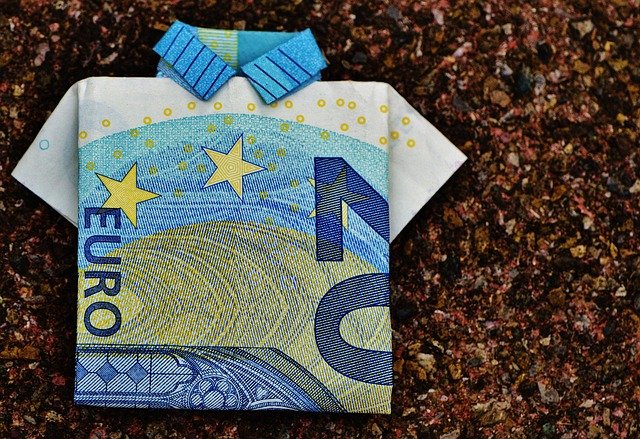Match-day mental routines that improve focus and decision-making
Match-day mental routines help athletes stabilize arousal, reduce distractions, and sharpen decision-making under pressure. Practical habits—visualization, controlled breathing, simple checklists—bridge physical preparation with clear situational responses on the field.

On match days, a concise mental routine can be the difference between reactive play and deliberate choices. Athletes who follow repeatable steps—brief breathing exercises, targeted visualization of likely scenarios, and a compact role checklist—tend to enter competition with reduced cognitive noise. These practices dovetail with physical training and conditioning so that tactical memory and motor skills are readily available when quick decisions are required. Consistency matters: routines should be short, specific to role, and rehearsed in training sessions so they become automatic under pressure.
Training and conditioning: what to do before kickoff?
Warm-ups that combine physical training and mental cues prepare athletes to make better decisions immediately. Start with dynamic movement patterns tied to typical match situations so biomechanics and neural patterns align. Integrate short cognitive tasks—pattern recognition drills or quick choice drills—into conditioning sets so decision-making is trained under load. Keep pre-match sessions brief and role-specific to conserve energy while maintaining readiness, and coordinate with periodization plans so you’re not introducing excessive load the day of competition.
Nutrition and recovery: what supports mental clarity?
What you eat and how you recover influence focus and reaction speed. Prioritize familiar carbohydrate timing, appropriate hydration, and moderate caffeine if it’s part of an athlete’s established routine. Sleep and recovery strategies across the week reduce baseline cognitive fatigue; an inconsistent recovery plan can blunt in-game judgment. Use simple pre-match snacks and fluids practiced in training to avoid gastrointestinal surprises, and align nutrition choices with broader recovery and adaptation strategies.
Coaching and analytics: how to prepare decision-making?
Pre-match coaching conversations should distill analytics into clear decision cues: likely opponent patterns, zones to exploit, and trigger moments for specific actions. Instead of overwhelming players with data, translate analytics into scenario scripts and priority reminders. Coaches can run brief walkthroughs and role-focused visualizations that emphasize when to hold shape, press, or switch focus. Clear, concise instructions reduce in-game deliberation and support faster, more consistent choices.
Biomechanics, load and wearables: what feedback helps focus?
Wearables and load monitoring give objective signals about readiness; use them to adjust match-day mental load rather than to create anxiety. Metrics that show elevated fatigue or reduced neuromuscular output can cue modified roles or simplified decision rules. Biomechanics-informed warm-ups that emphasize movement quality help athletes trust their bodies, reducing second-guessing. Keep wearable feedback actionable and limited to a few key indicators so it supports focus instead of distracting from game tasks.
Testing, periodization and adaptation: how to manage mental load?
Regular cognitive testing and mental-skill checks during training provide baselines to spot unusual declines before match day. Periodization should include cognitive load management—planning harder decision-intensive sessions when physical load is lower, and tapering cognitive demands close to competition. Adaptation comes from measuring responses to stressors in practice and adjusting routines: if a specific visualization or breathing technique doesn’t reduce arousal reliably, try an alternative that better suits the individual.
Injury, performance and practical routines on match day
Match-day routines must account for injury history and current physical state. Simple pre-match checks—mobility, targeted activation, and pain awareness—help players modify decisions to protect long-term health. Performance-focused routines that combine a short breathing sequence, two-minute visualization of role-specific plays, and a one-line tactical checklist offer stable anchors before kickoff. During breaks, use micro-routines (deep breaths, refocus cue words) to reset attention without disrupting recovery or load management.
This article is for informational purposes only and should not be considered medical advice. Please consult a qualified healthcare professional for personalized guidance and treatment.
Consistent, well-rehearsed mental routines integrate with training, conditioning, coaching, and recovery to make decision-making more reliable under pressure. By translating analytics into simple cues, using wearables as pragmatic signals, and aligning cognitive work with periodization, teams and athletes can reduce mental friction and increase the likelihood that practiced choices appear smoothly during match play.






